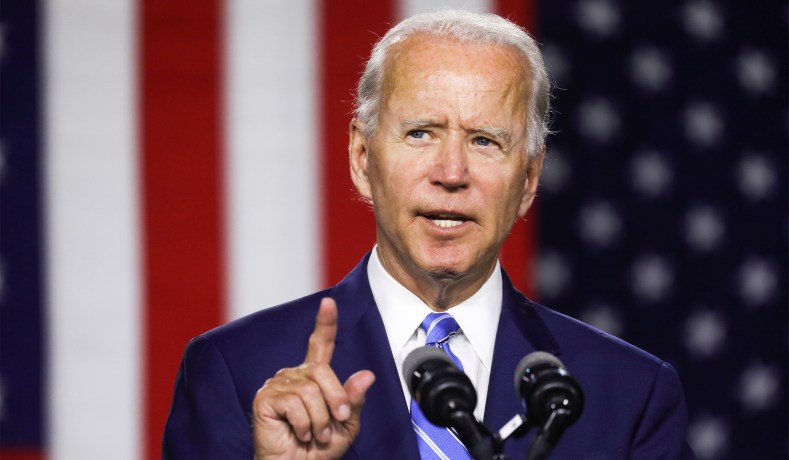
Despite the lack of faith people had in Biden at the start of the election cycle, he’s led the Democrats nationally almost since the start of the primaries, and he’s led Trump significantly almost the entire time.
If you believe the polls.
As I write, polls are showing Biden opening up double-digit leads in some of the states that Trump swung to his column in 2016, and Biden even leading a bit in states like Florida. Trump isn’t just behind at this point, he’s way behind.
If you believe the polls.
I’m inclined to believe them. I happen to think that the 2016 outcome and the 2016 polls were close enough. All polling includes a margin of error, and Trump’s surprise victory was within the margins of what was possible.
But there is one pollster who really is betting that the polls are bad. And I think he’s set to become the leading voice of dissent in the data game of 2020. I’m talking about Robert Cahaly of The Trafalgar Group.
Trafalgar has its own theories and methods and they sometimes get the goods. Cahaly’s group was almost alone in predicting a Trump win in Pennsylvania in 2016. And he called the Florida races right in 2018.
Cahaly’s methods lean into the idea of “shy Tory” or rather, “shy Trumper” voters. He devises measures of the way “social desirability bias” warps the results of poll respondents. If members of some demographic group overwhelmingly believe that they’d lose face, or face consequences, for admitting their support for Trump, they’ll just tell the stranger on the other end that they don’t support him. Cahaly believes white women and black men may particularly understate their support for Donald Trump. And his read on the 2016 election is that Trump did worse than is realized with traditional Republicans, but better than is known among independents. In other words, his theory is that pollsters are talking to the wrong people and believing them too easily.
Tom Bevan discusses Cahaly’s work over at RealClearPolitics. And Cahaly did a fascinating interview with The American Conservative last month.
I’m still skeptical, but his theory of herd-like incompetence among pollsters does have a certain appeal and explanatory power.

